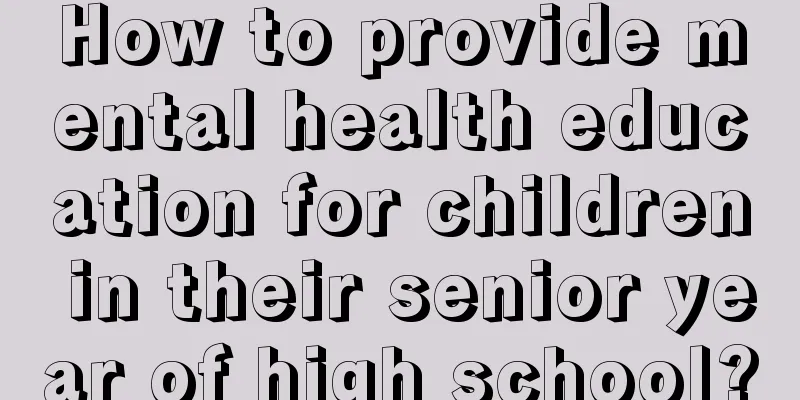What causes babies to breathe rapidly?

|
After a newborn is born for the first time, because the respiratory system is still relatively fragile, it is inevitable for the child to have rapid breathing. Many parents are first-time parents and do not understand many things. They are also worried that what the elderly at home say is unscientific, so when they encounter many problems, they will search the Internet. It is normal for the baby to have rapid breathing, especially when the baby is feeding, the child's breathing rate will be higher. So what is the reason for the baby's rapid breathing? The baby is breathing very fast and seems to be out of breath. In fact, there is no need to worry about this situation, because when the baby is just born, he mainly relies on abdominal breathing, so you see his little belly going up and down, and their breathing is faster than that of a normal adult. When they are quiet, the breathing rate is about 40 times per minute. The normal breathing rate of a normal newborn baby at rest is about 40 times per minute (the normal breathing rate for a normal adult is 16 to 20 times per minute). Breathing more than 60 to 70 times per minute is called tachypnea. The heart rate of a newborn fluctuates greatly, ranging from 120 to 160 beats per minute (normal adult heart rate is 60 to 90 beats per minute). If a child's breathing rate continues to exceed 60 to 70 times per minute, even if it is rapid breathing, it often indicates diseases of the respiratory system or other systems. However, be sure to count your breaths in a quiet environment. When a baby cries, his breathing rate increases. If your baby's breathing is rapid and heavy, it often indicates that there is a lesion in the trachea, so you should take your baby to the hospital for examination as soon as possible. At the same time, care needs to be strengthened. (1) Ventilate the room frequently to keep the air fresh. (2) Keep the room temperature between 18 and 22 degrees in winter. The humidity should be 50-60%. (3) Dress your baby appropriately and cover him/her with a blanket to prevent him/her from sweating and catching a cold. (4) Eat light, easily digestible complementary foods, and stop consuming fish, shrimp, eggs and other foods that are prone to allergies. Supplement adequate amounts of vitamin AD and calcium preparations every day. (5) Insist on doing passive exercises for your baby to enhance his/her resistance to disease. (6) Drink more boiled water to keep bowel movements smooth. What is the reason why babies are breathing rapidly? This is because the child's breathing rate is high, mostly higher than normal people. If an infant has rapid breathing, take the child to the hospital to check whether it is a lung problem or a problem with inhaled amniotic fluid. When feeding the baby, be careful not to suffocate the baby and clear the baby's nasal cavity more often. |
<<: Can motion sickness patches be used on children?
>>: How to supplement children's anemia
Recommend
What is the reason for low urine output in children?
Why do children have less urine output? Many pare...
What are the causes of dizziness in 11-year-old children?
Many people often experience symptoms such as diz...
What is the most effective food for children with poor absorption?
Children are the hope of every family and the tre...
Frequent urination in children
The physical health of children is very important...
How to determine whether your child is zinc deficient
Zinc deficiency is a common condition in children...
What are the prevention methods for myopia in teenagers?
With the changes in the social environment, acade...
What causes blisters on children?
Be especially careful when blisters appear on chi...
How old can a child be to learn Taekwondo?
Nowadays, parents pay more and more attention to ...
Babies cannot eat salt within one year old. Why?
Anyone who has raised a child knows that it is be...
Why does my child vomit in the middle of the night?
As a new mother, I am often overwhelmed by some d...
What to do if your baby eats less
Nowadays, parents with children are usually very ...
Why is the 9-year-old girl's urine test showing high red blood cell and bacterial counts?
Nine-year-old children are in the period of growt...
What are the signs of good intellectual development in a three-year-old baby?
Teachers once said that there are no stupid peopl...
What medicine should I take for my baby's cough without phlegm?
Because babies' organs are not yet fully deve...
What are the latest treatments for cerebral palsy in children?
Cerebral palsy in children is also called cerebra...









